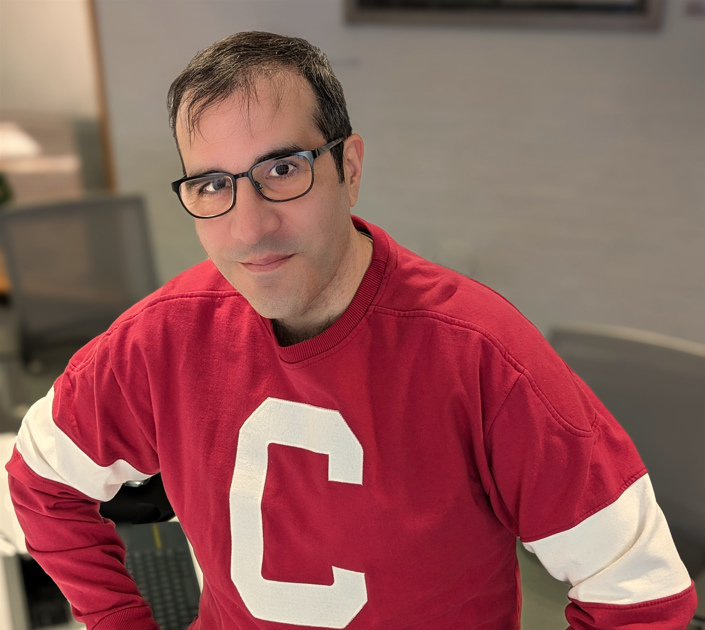Indigenous Learning Forum: "The Worst Trickster Story Ever Told: Native America, Plenary Power, and the U.S. Constitution" with Keith Richotte Jr.

The final 2023-2024 Indigenous Learning Forum will take place April 18, 2024 at 3:00 p.m. ET on Zoom. This talk will be given in English with Spanish interpretation.
This event is open to all but registration is required.
Beginning in the fall of 2024 Keith Richotte, Jr. will be the Director of the Indigenous Peoples and Policy Program and Professor of Law at the James E. Rogers College of Law at the University of Arizona. At present, he is an Associate Professor of American Studies at the University of North Carolina – Chapel Hill. He is a citizen of the Turtle Mountain Band of Chippewa Indians and has served his tribal nation as an Associate Justice on its Court of Appeals since 2009. He is also the Chief Justice of the Spirit Lake Appellate Court and has too many jobs and needs a nap.
Keith Richotte begins his playful, unconventional look at Native American and Supreme Court history with a question: When did plenary power – the federal government's self-appointed, essentially limitless authority over Native America – become constitutional?
When the Supreme Court first embraced this massive federal authority in the 1880s it did not bother to find any justification – the decision was rooted in racist ideas about tribal nations. However, by the 21st century, the Supreme Court began telling a different story. It was claiming the U.S. Constitution as the source of federal plenary power over Native America.
So, when did the Supreme Court change its story? Just as importantly, why did it change its story? And what does this change mean for Native America, the Supreme Court, and the rule of law? In a unique twist on legal and Native history, Richotte uses the genre of trickster stories to uncover the answers to these questions and offer an alternative understanding.
Engaging with the story of plenary power from an Indigenous perspective, Richotte opens possibilities that are otherwise foreclosed. Through the genre of trickster stories we are able to imagine a future that is more just, equitable, and that better fulfills the text and the spirit of the Constitution.
